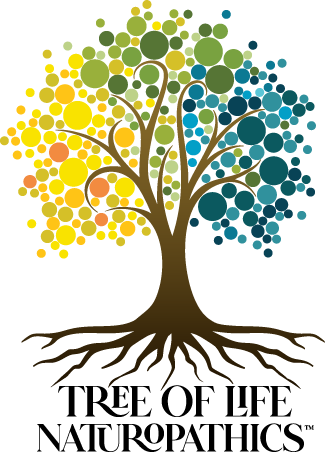Close
FAQs
Frequently Asked Questions
Naturopathy Approach
What Is Naturopathy?
Naturopathy is a system of healthcare that focuses on supporting the body’s natural healing processes. It emphasizes the use of natural remedies, lifestyle modifications, and non-invasive therapies to promote overall wellness and treat various health conditions.
How Does Naturopathy Differ From Conventional Medicine?
Naturopathy differs from conventional medicine in its approach to healthcare. While conventional medicine often relies on pharmaceutical drugs and invasive procedures, naturopathy seeks to address the underlying causes of illness and support the body’s innate ability to heal itself using natural therapies, nutrition, herbal medicine, and other holistic approaches.
What Conditions Can Naturopathy Treat?
Naturopathy can be used to address a wide range of health conditions, including but not limited to digestive disorders, hormonal imbalances, allergies, chronic pain, fatigue, stress-related conditions, cardiovascular diseases, respiratory issues, and autoimmune disorders. Naturopathic doctors are trained to assess and treat various health concerns.
Are Naturopathic Modalities Supported By Scientific Evidence?
The effectiveness of naturopathic modalities varies depending on the specific therapy or modality being used. While some natural modalities have been supported by scientific research, others may have limited evidence or require further investigation. Naturopathic doctors aim to integrate both traditional wisdom and current scientific evidence when providing care to their patients.
What Are The Principles Of Naturopathy?
The principles of naturopathy include the belief in the healing power of nature, identifying and treating the underlying causes of illness, treating the whole person rather than just the symptoms, and focusing on disease prevention and health promotion. These principles guide the naturopathic approach to patient care.
Can Naturopathy Be Used Alongside Conventional Medicine?
Yes, naturopathy can be used alongside conventional medicine. Naturopathic doctors are trained to collaborate with other healthcare professionals and may work in integrative healthcare settings. They can provide complementary therapies that support conventional modalities, helping to improve overall health outcomes for their patients.
What Are The Common Therapies Or Modalities Used In Naturopathy?
Common therapies and modalities used in naturopathy include clinical nutrition, herbal medicine, lifestyle counseling, hydrotherapy, physical medicine (such as massage or spinal manipulation), homeopathy, acupuncture, and mind-body approaches like meditation and stress reduction techniques.
How Long Does It Typically Take To See Results From Naturopathic Modalities?
The timeframe for seeing results from naturopathic modalities can vary depending on several factors, including the individual’s health condition, their overall health status, and the specific modality being used. Some individuals may experience improvements relatively quickly, while others may require longer-term modality and lifestyle modifications to achieve desired outcomes.
Are Naturopathic Modalities Safe?
Naturopathic modalities, when administered by qualified and licensed naturopathic doctors, are generally considered safe. However, as with any form of healthcare, there may be potential risks or interactions, especially if used in combination with conventional modalities or certain medications. It is important to consult with a trained healthcare professional before starting any naturopathic modality.
Is Naturopathy Covered By Insurance?
Insurance coverage for naturopathic modalities varies depending on the country, state, and individual insurance plans. In some regions, naturopathic services may be covered under certain health insurance plans, while in others, they may not be covered at all. It is advisable to check with your specific insurance provider to determine the extent of coverage for naturopathic care.
